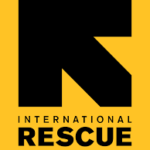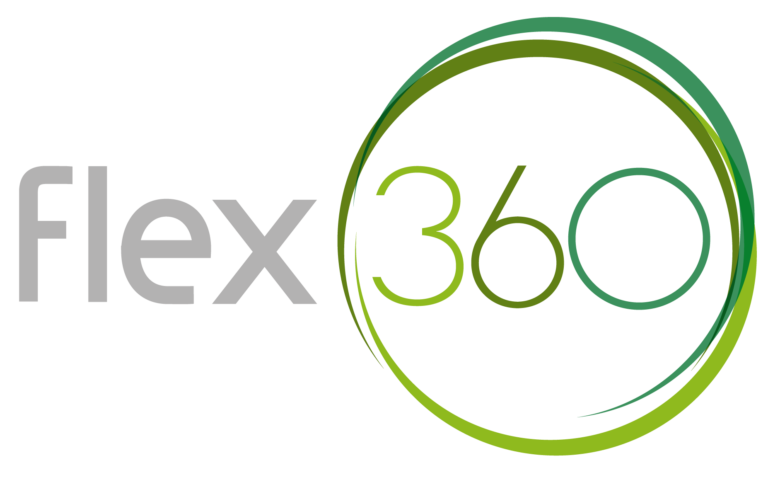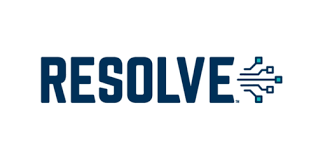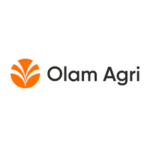
The International Rescue Committee (IRC) responds to the world’s worst humanitarian crises, helping to restore health, safety, education, economic wellbeing, and power to people devastated by conflict and disaster. Founded in 1933 at the call of Albert Einstein, the IRC is one of the world’s largest international humanitarian non-governmental organizations (INGO), at work in more than 40 countries and 29 U.S. cities helping people to survive, reclaim control of their future and strengthen their communities. A force for humanity, IRC employees deliver lasting impact by restoring safety, dignity and hope to millions. If you’re a solutions-driven, passionate change-maker, come join us in positively impacting the lives of millions of people world-wide for a better future.
CONTEXTUAL BACKGROUND
The International Rescue Committee (IRC) is a global humanitarian aid, relief and development nongovernmental organization. Founded in 1933 at the request of Albert Einstein, the IRC offers emergency aid and long-term assistance to refugees and those displaced by war, persecution or natural disaster. The IRC is currently working in over 40 countries and 22 U.S. cities where it resettles refugees and helps them become self-sufficient. Composed of first responders, humanitarian relief workers, international development experts, health care providers, and educators, the IRC has assisted millions of people around the world since its founding in 1933.
The flash flooding that affected parts of MMC, Jere and Konduga LGA had left two third of the state metropolis with increased needs of emergency lifesaving support. The tertiary health facilities alongside primary health care centers have been adversely affected by the flood, thereby decreasing access to essential primary health and SRH services. This further exposed affected persons to risk of waterborne disease (Cholera) due to poor access to quality drinking water supply, inadequate sanitation facilities and overcrowding in the camp, with increased risk of infectious disease (malaria and other vector-borne diseases). Additionally, the impact of the flood has caused significant mental health issues due to trauma. The IRC is implementing a 6-month NHF flood emergency response grant to be implemented in MMC LGA of Borno state in the following locations namely Bakassi and Gubi IDP camps, Gamboru PHC, Zajeri PHC, Fori PHC, Gwange 2 PHC and Shuwari Danari community and ensure provision of essential health services to flood affected population in MMC/Jere.
As part of the health team, the Community mobilization assistant, who is based in Maiduguri, will oversee a six-month integrated emergency flood response in MMC & Jere, Borno State. In addition to providing technical oversight and support capacity of government-supported PHC under this grant in areas like Emergency preparedness and response (EPR), Minimum initial service package (MISP) for SRH (family planning, maternal and neonatal care, case management of sexually transmitted diseases, and the clinical management of sexual assault survivors) and routine consultation for communicable and non-communicable disease including under 5. He or she will endeavor to ensure improved quality of the project clinical activities and improved quality of the project clinical activities for the Health and SRH service package in the NHF-designated outreach clinic and government supported health facility.
Major Responsibilities
Program community mobilization
- The position ensures the implementation of a quality Health program, in accordance with project proposal.
- The community Mobilization assistant’s is responsible the implementation of Health educational and promotional activities as well as conducting all community awareness / mobilization activities related to Health and Reproductive Health (RH) for women, girls, men and boys in flood affected communities
- Lead community-based surveillance and early warning system for disease outbreaks
- He/ she will supervise a network of CHIPs agents, community volunteers and traditional birth attendants and work closely with the other members of the reproductive health & SRH team.
- Design and lead efforts to improve community awareness and acceptance of health services. Implement community mobilization efforts to improve women, girls, men and boys’ access to and use of reproductive health services.
- Lead monthly stakeholders engagement in MMC/jere.
Staff supervision
- Supervise Incentive mobilizers, referral focal points, CHVs and CHIP agents
- Lead the community mobilization assistant in implementation of SBCC and RCCE emergency response activities .
- Lead capacity development of local community structures on demand creation for health and SRH services, RCCE and SBCC across implementation
- Actively participate in community-based surveillance and early warning for disease outbreaks across intervention locations.
Reporting
- Work with the M&E team to ensure tracking of daily community engagement activities and monthly data reporting.
- Support in the development of monthly project activity report, quarterly and project final report
Key Working Relationships
- Position reports to: Health Manager
- Position directly Supervises: CHV, CHIPS and referral focal points.
Minimum Qualifications:
Education
- Diploma or bachelor’s degree in public health, Health education and social science.
- Minimum of 3 years’ experience leading health promotion and community engagement (Previous experience working with IRC added advantage)
- Experience in leading Risk communication and communication engagement and social behavioral change communication in Borno state programming.
- Experience with office management software like MS Office (MS Excel and MS Word, specifically)
- Significant experience of stakeholders’ engagement.
- Ability to work with displaced communities with diverse cultural and ethnic backgrounds.
- Excellent interpersonal skills; culturally and socially sensitive







